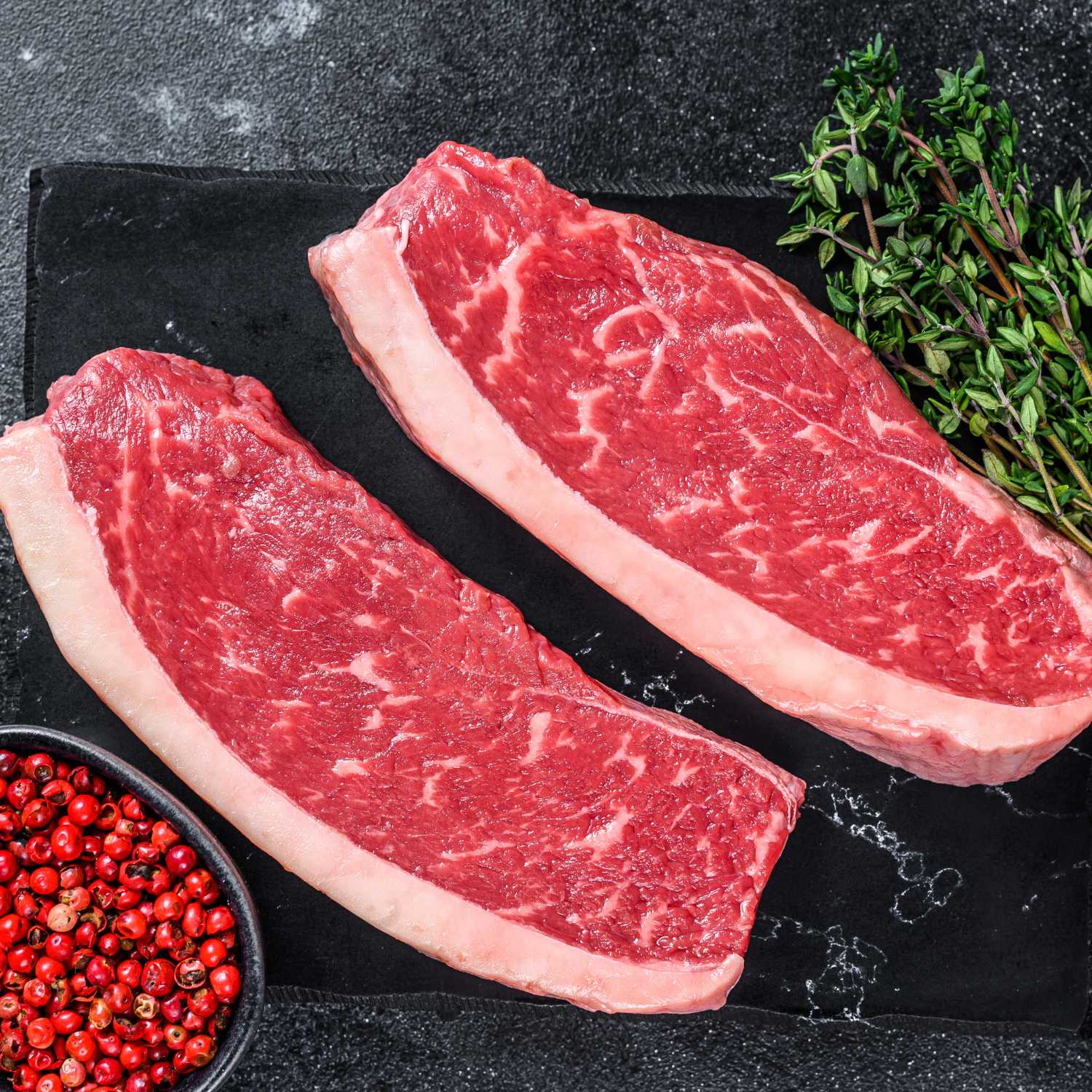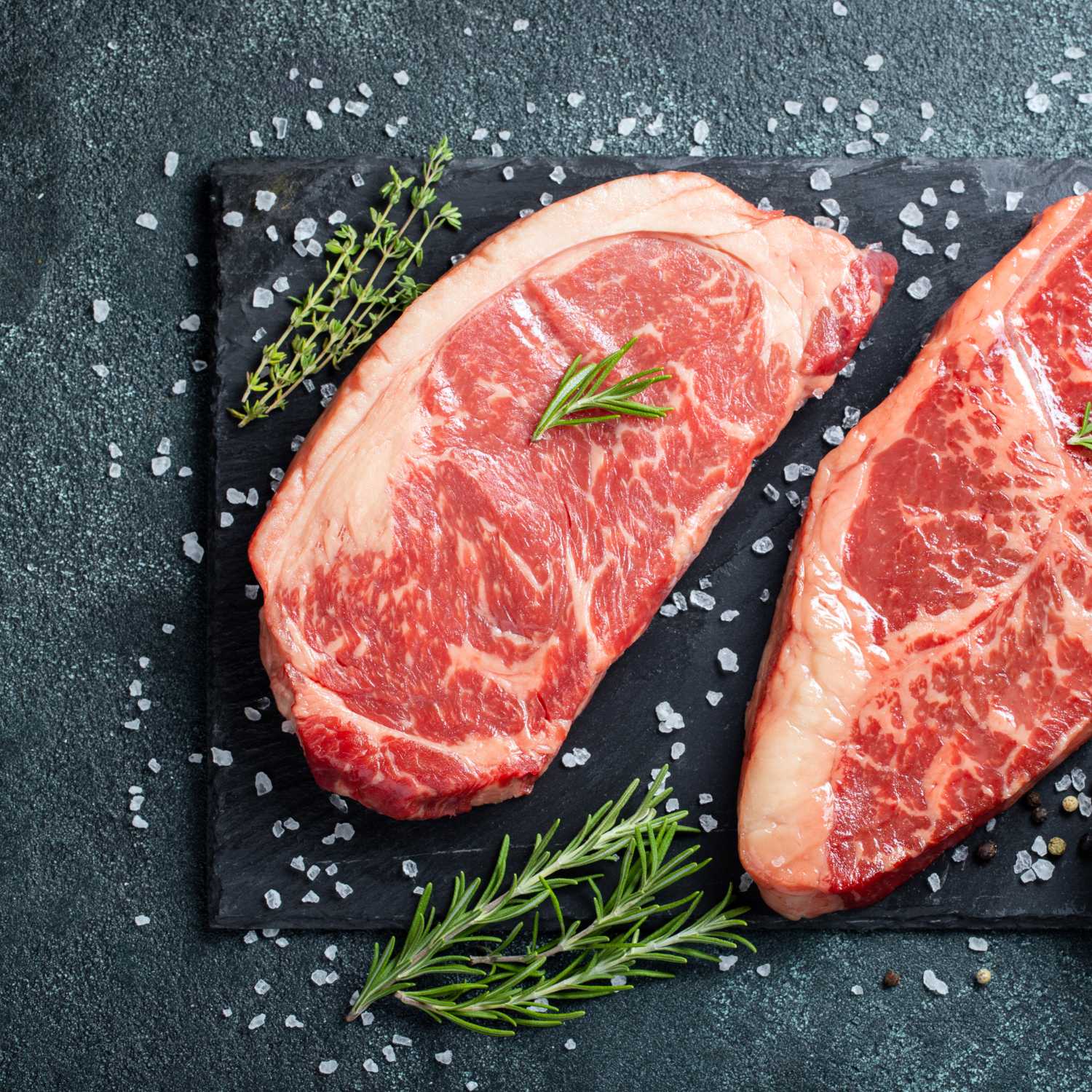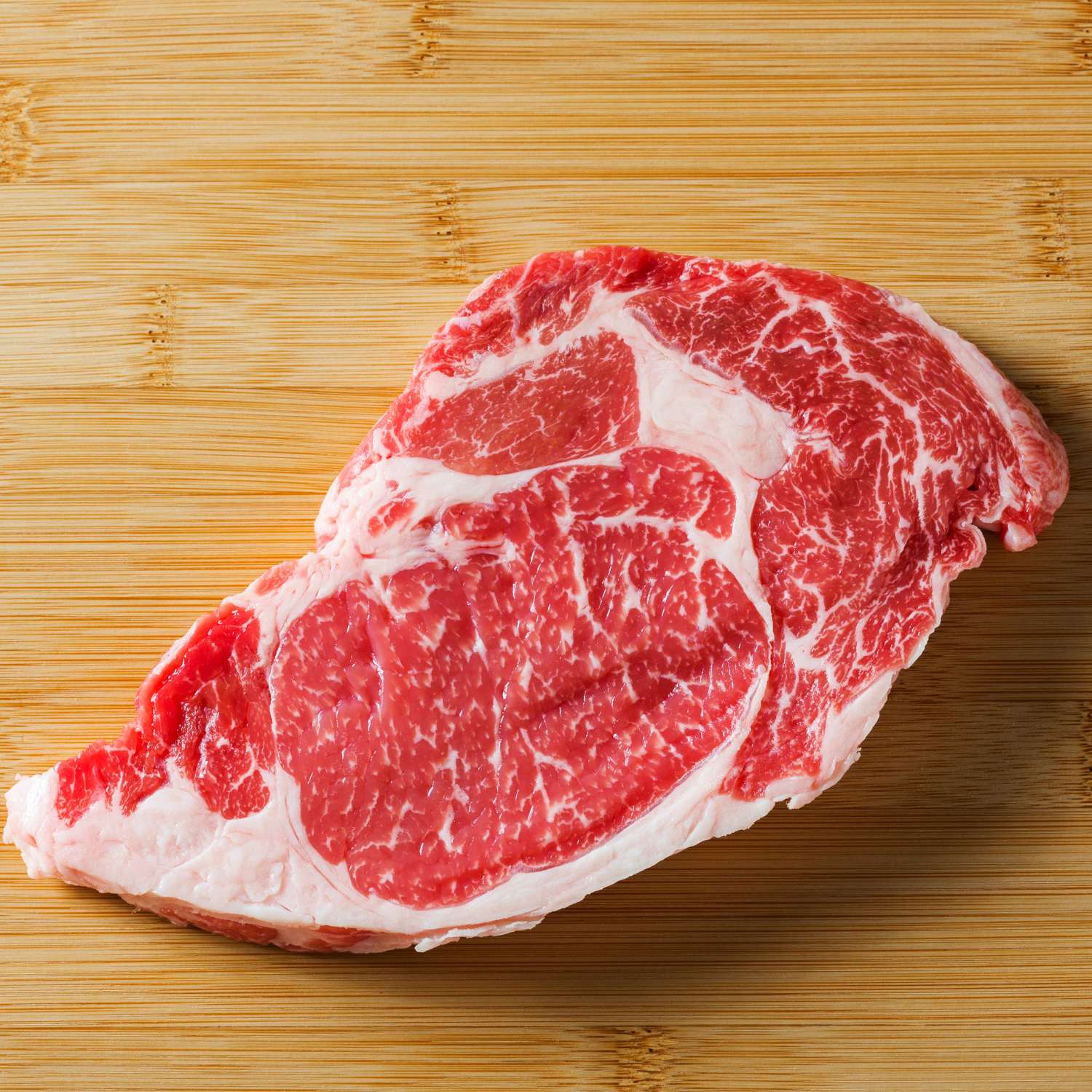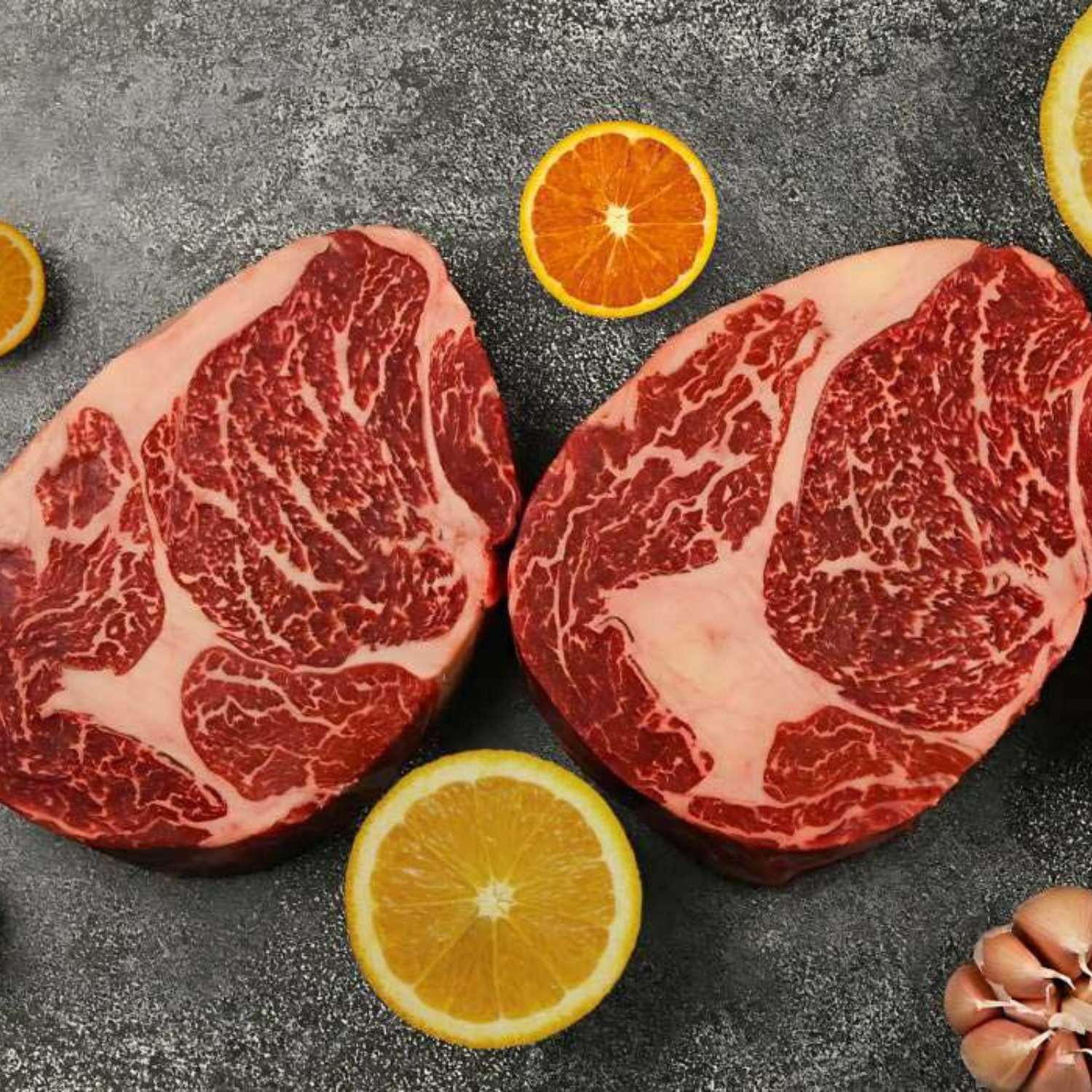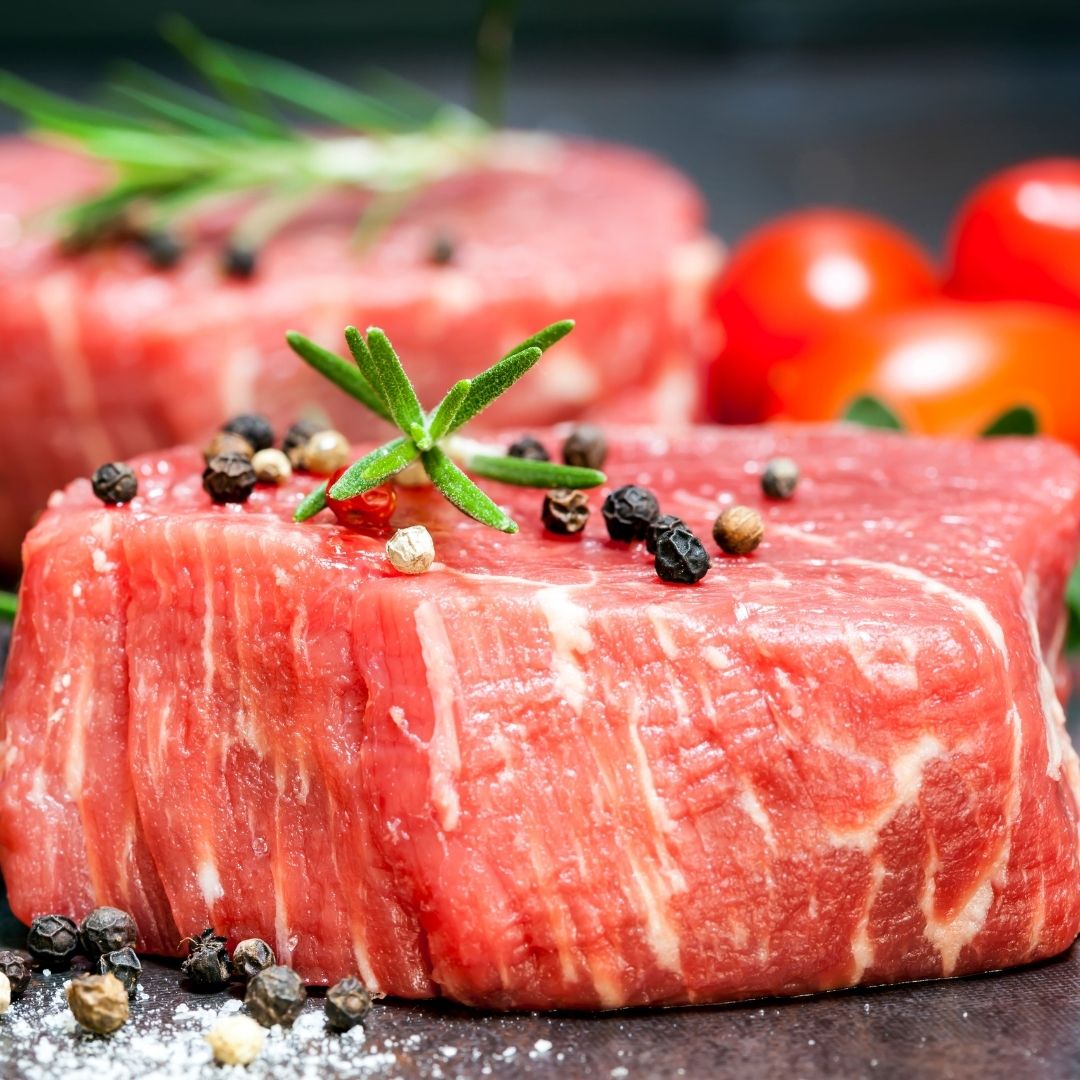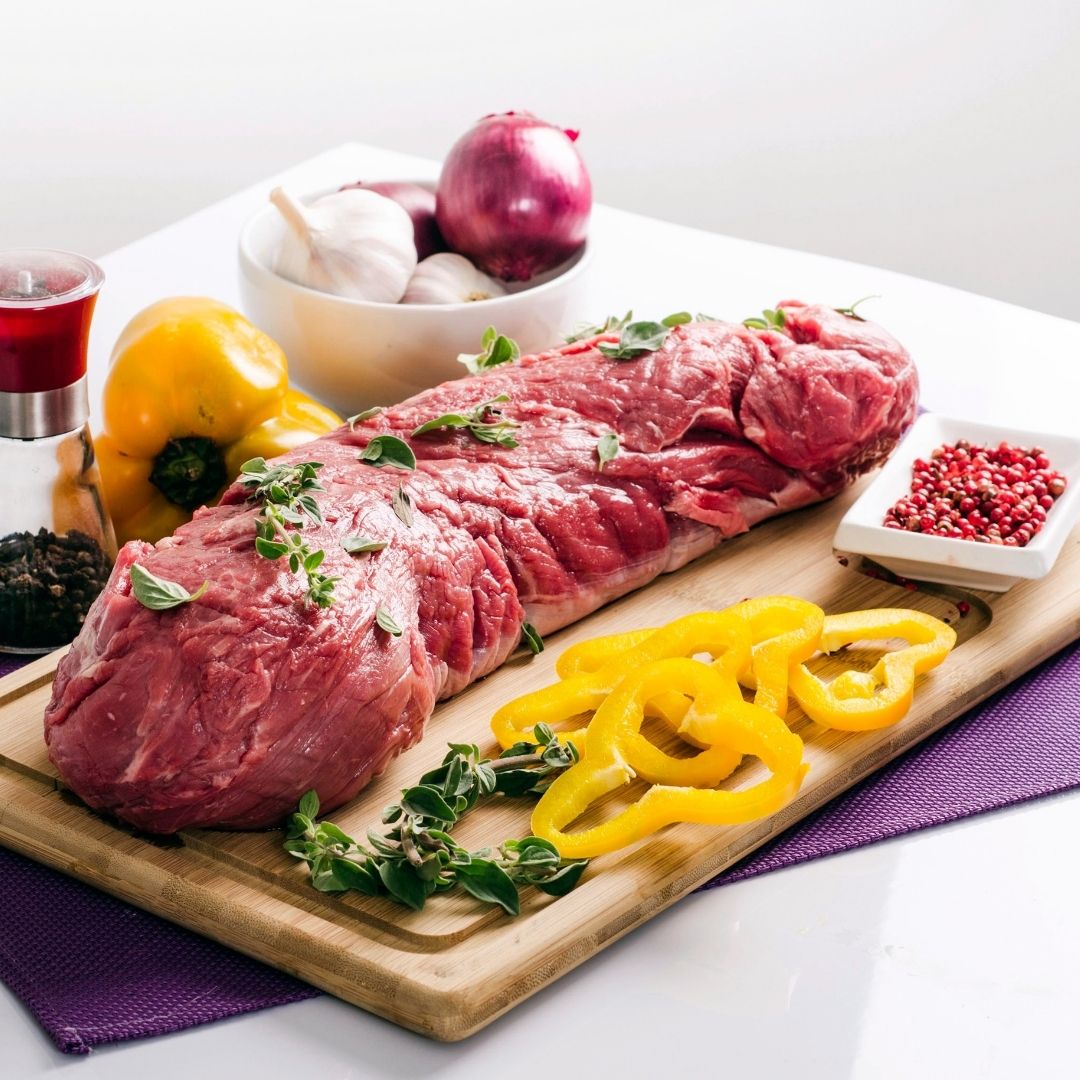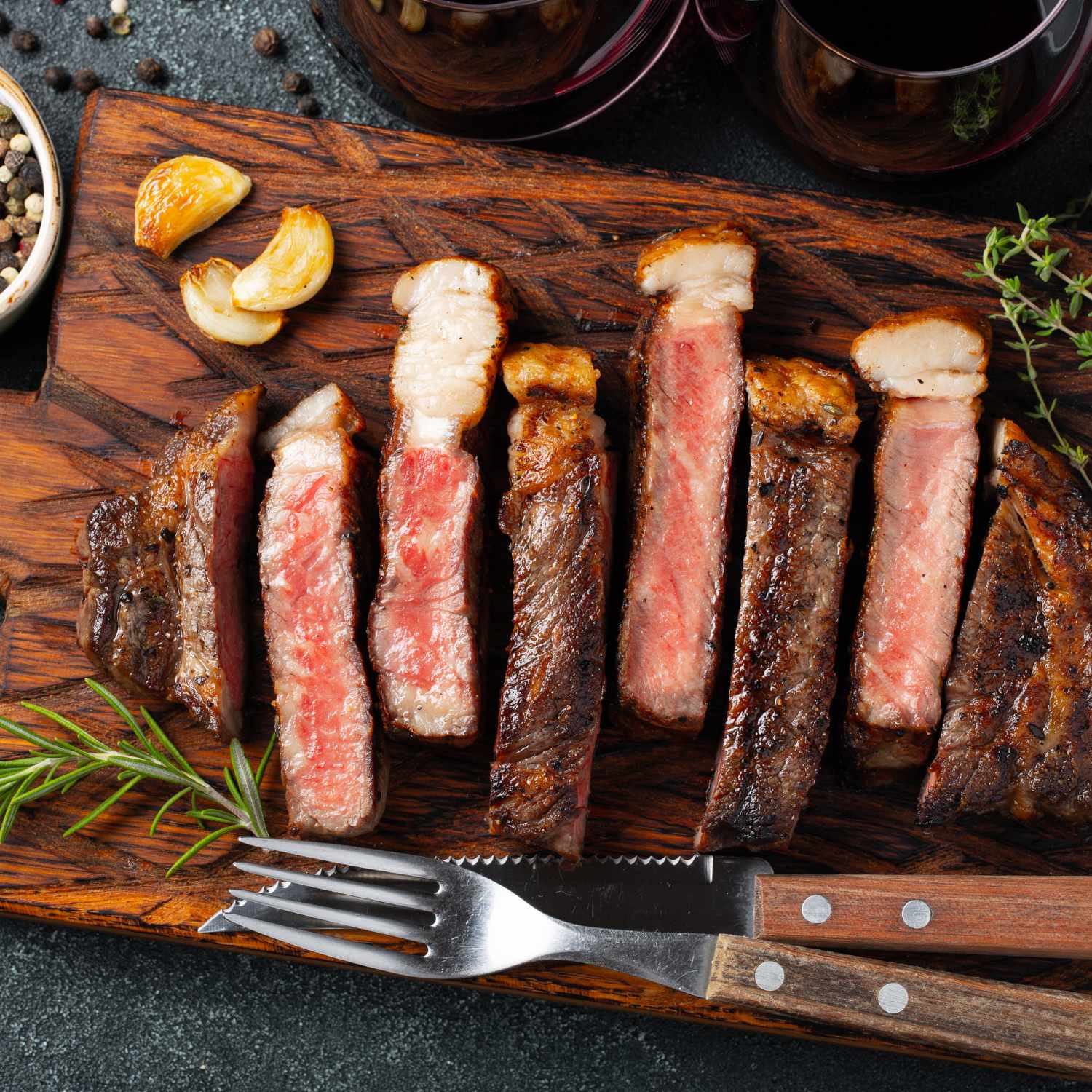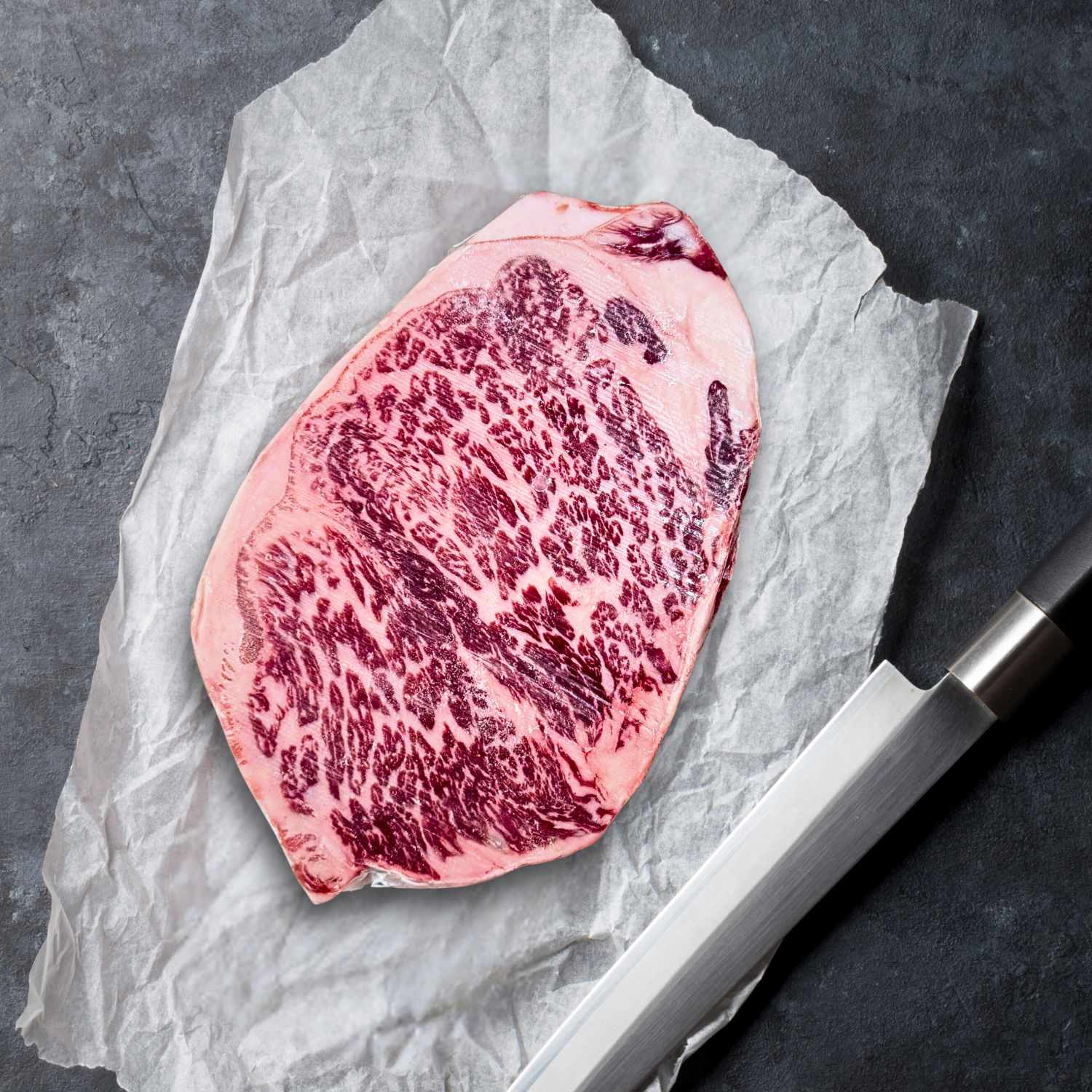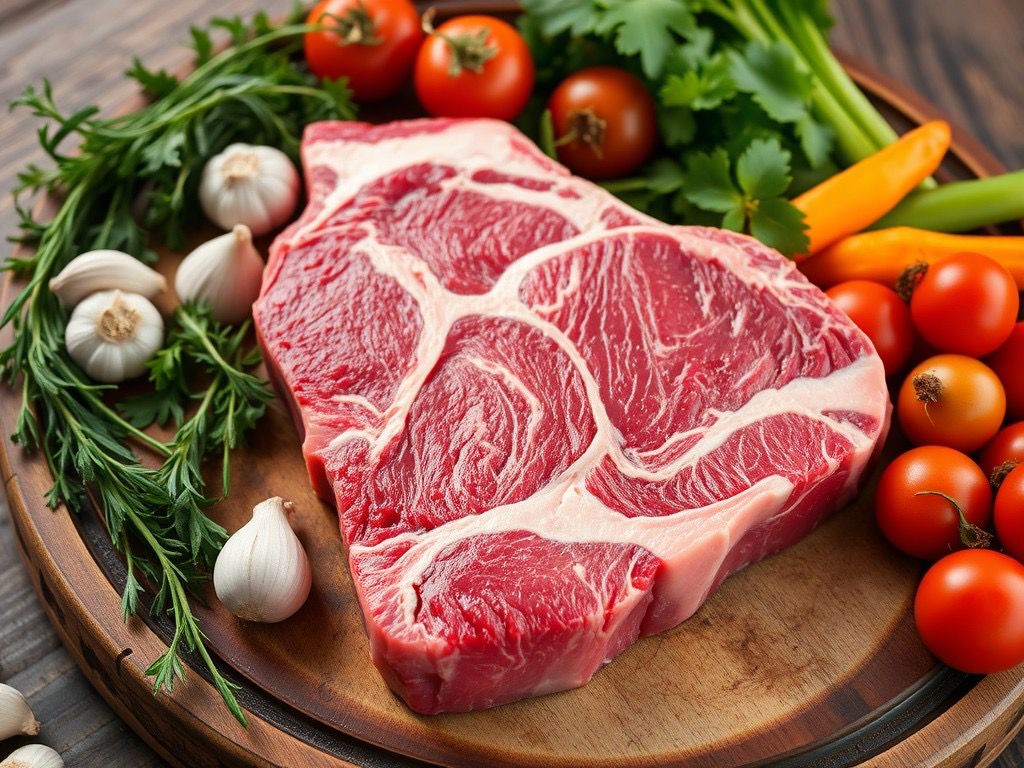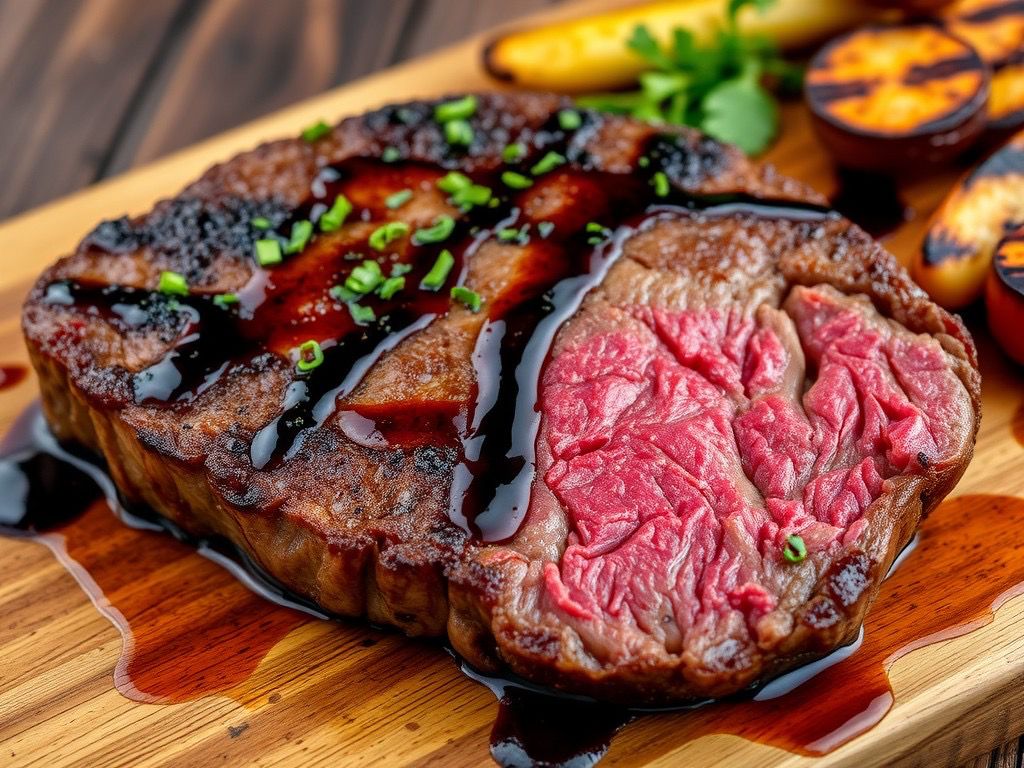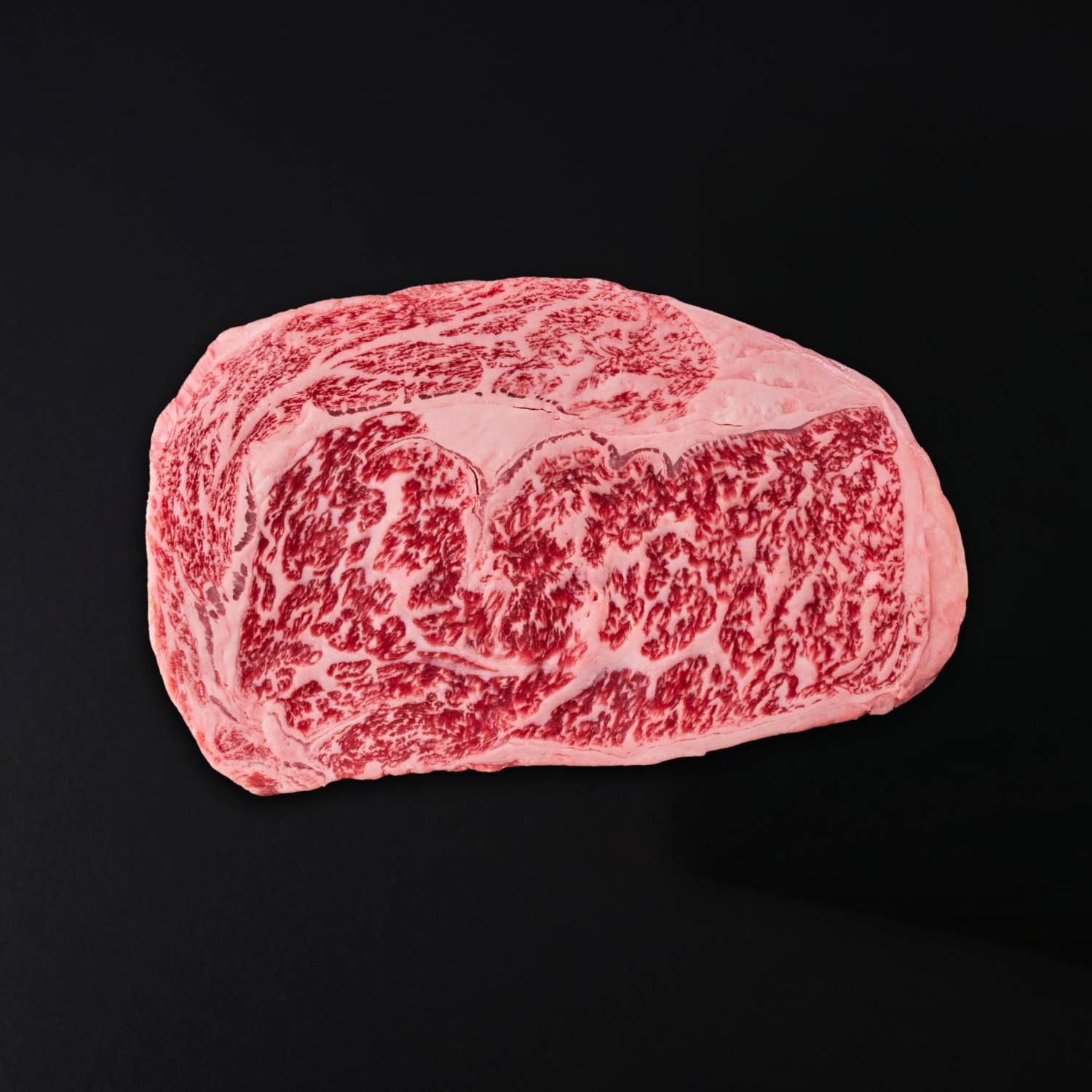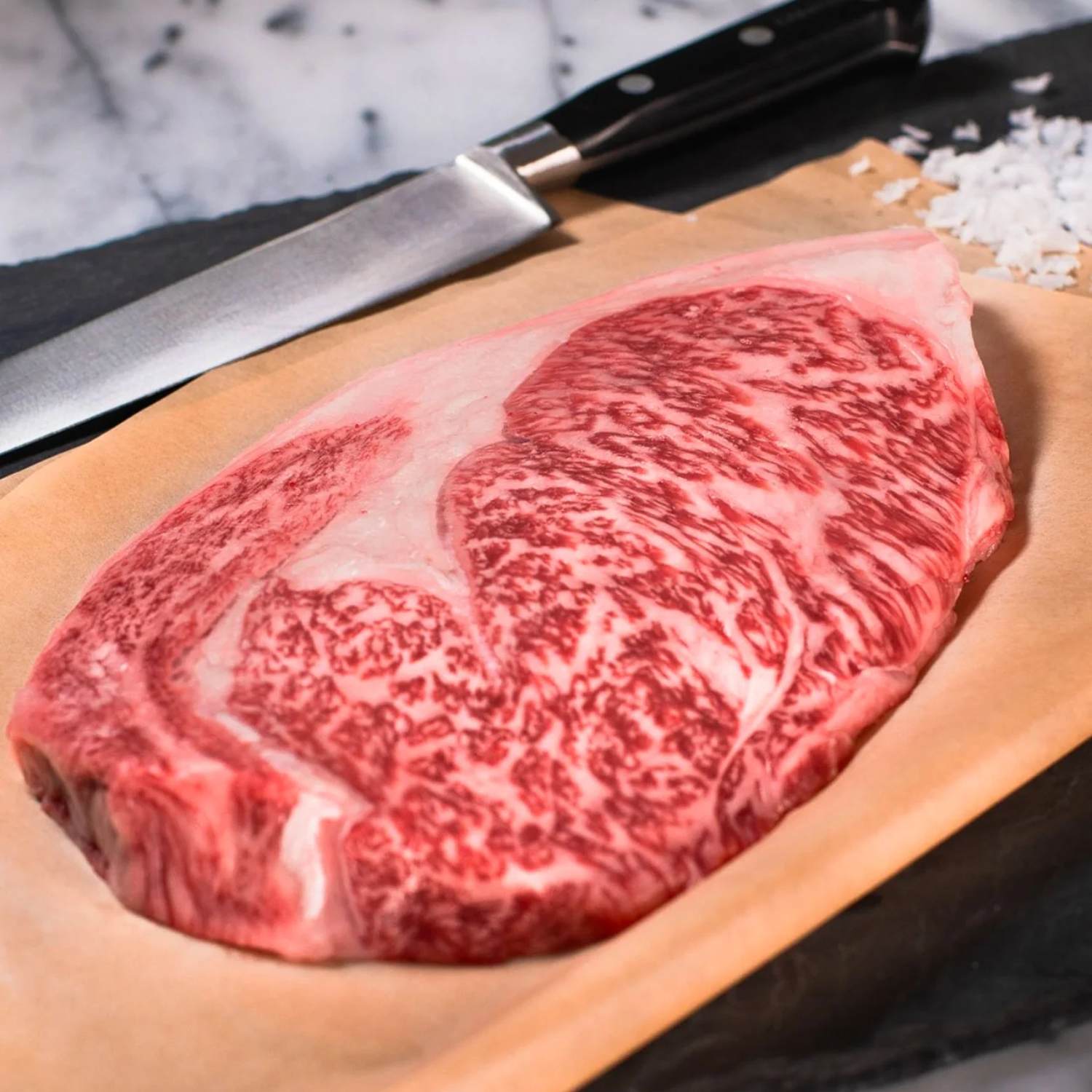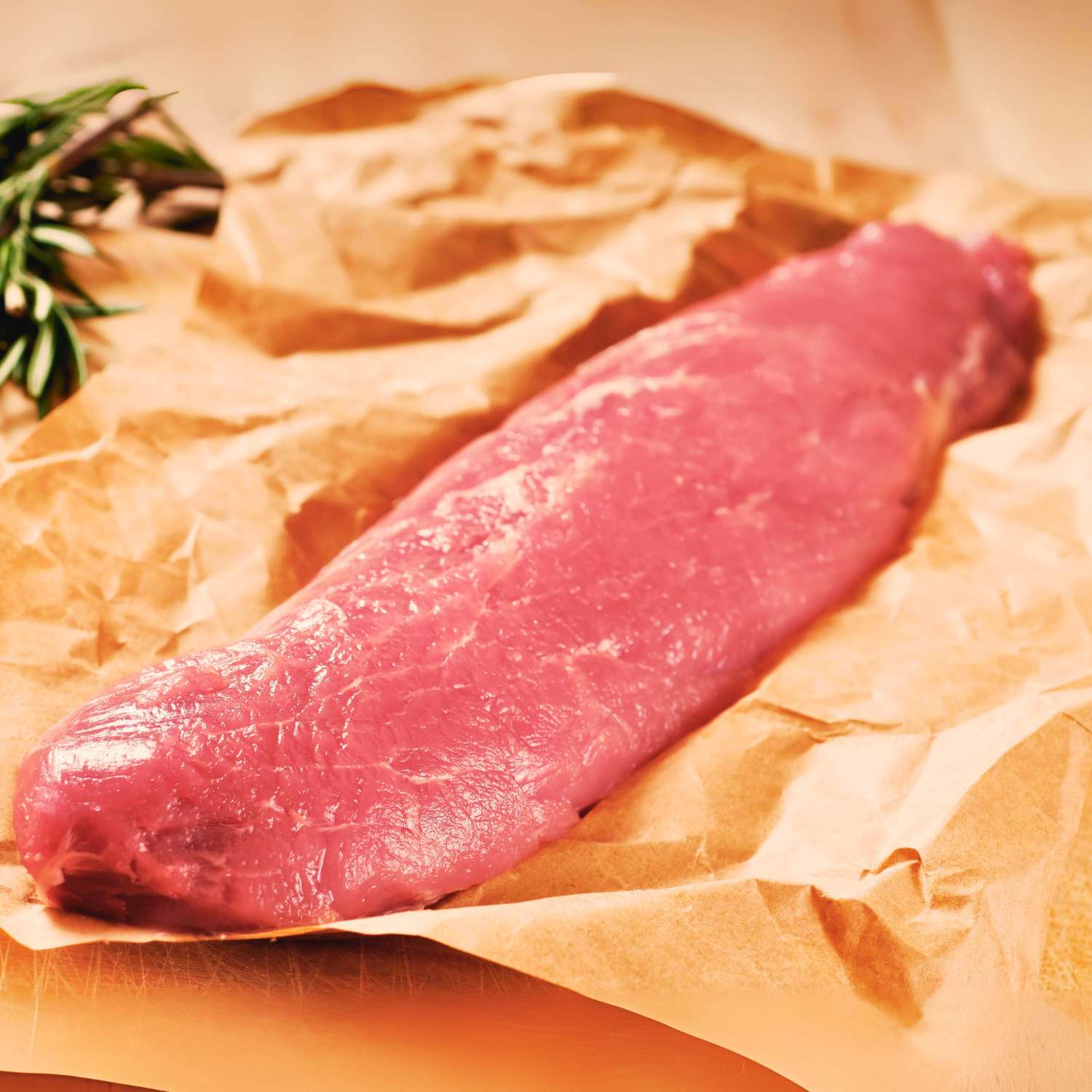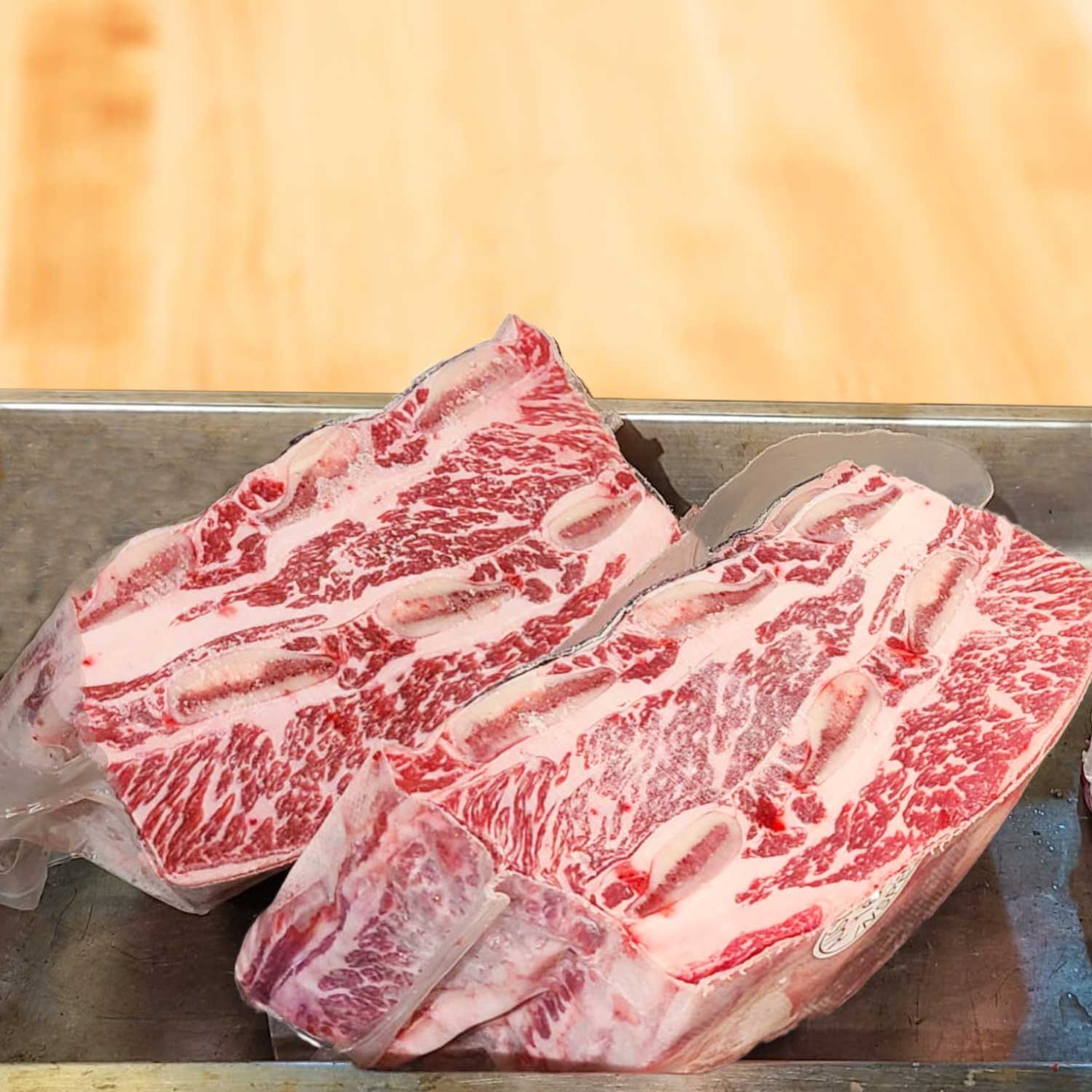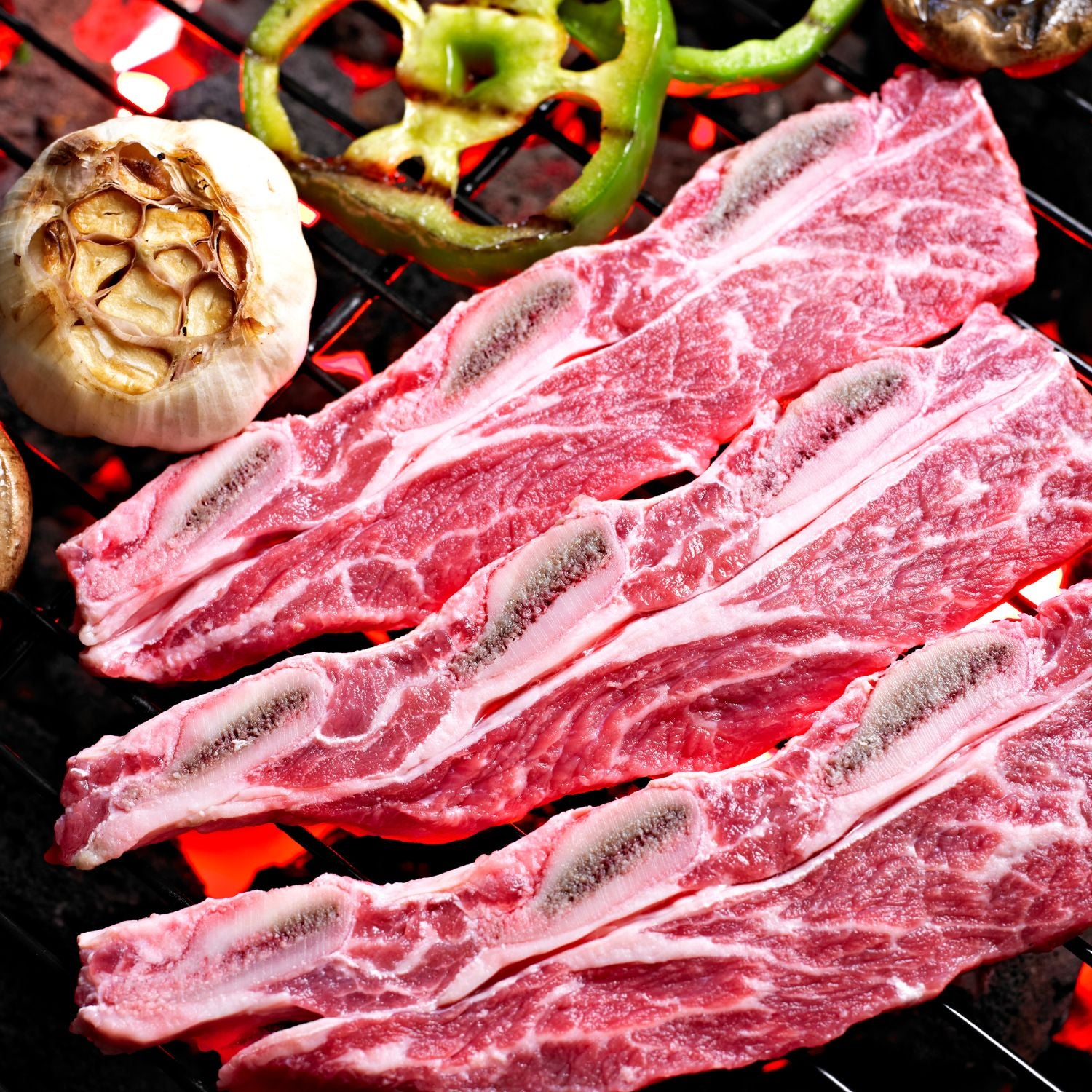The Art of Selecting Grass Fed Beef: What to Look for
Understanding Grass Fed Beef Quality
Selecting premium grass fed beef starts with understanding its quality. Here's how to pick the best:

- Check the Color: Look for a bright red hue. Dark or brownish meat may mean it's not fresh.
- Fat Marbling: Good grass fed beef has thin streaks of fat. This means it will cook up juicy and rich.
- Firmness: The meat should be firm to the touch. If it's very soft, it's not the best quality.
- Smell: Fresh beef should have a clean, not sour or off smell. Trust your nose!
- Label Reading: Make sure it says '100% grass fed'. Some beef is grain finished. You want all grass for top quality.
By focusing on these points, you can ensure that you're getting high-quality meat for your meals.
The Health Benefits of Grass Fed Beef
Opting for grassfed beef has its perks. First, it's richer in key nutrients. These include omega-3 fatty acids and vitamins. It also has more antioxidants than grain-fed beef. These benefits can enhance your diet. In Hong Kong, where health trends are key, this is big. Grassfed beef also contains less fat. This can lead to fewer calories. It may help with weight management, too. Its health profile aligns with the city's focus on wellness. Choosing grassfed beef can support your health. It's a smart choice for Hong Kong foodies.
The Difference Between Grass Fed and Grain Fed Beef
Knowing the difference between grass fed and grain fed beef is key in Hong Kong. Grass fed cattle eat natural grass, while grain fed ones eat corn and grains. This diet changes the beef's taste, nutrition, and cooking properties. Grass fed meat is usually leaner with a distinct, earthy flavor profile. Grain fed beef tends to be more marbled, with a richer, often buttery taste. In Hong Kong, grass fed beef is praised for being healthier with fewer calories and more omega-3 fats. It's a sustainable choice, fitting well with Hong Kong's food ethics. When shopping, look for trustworthy labels verifying that the beef is truly grass fed.
Cooking Mastery: Tips from Meat King for Perfect Grass Fed Beef Dishes
Marinades and Seasonings: Enhancing the Natural Flavors
To make the best grass fed beef dishes, right marinades are key. They enhance the beef's taste without hiding it. Use fresh herbs, like rosemary and thyme, for a natural boost. Acidic elements, like vinegar or lemon juice, can help tenderize the meat. Don't forget salt and pepper for the basics. Also, use oil in your marinade. It carries the flavors into the meat. Let the beef sit in the marinade for a few hours for it to soak up the flavors. But, don't overdo it – too long can make it mushy. With these tips, your beef dish will stand out!
Grilling Techniques for Grass Fed Steaks
Cooking grass fed steaks? Here's how to grill like a pro. First, let the beef reach room temperature. Use high heat to sear the meat quickly. This locks in the juices. Then, move the steak to a cooler part of the grill. Here, it cooks slower without burning. Turn the steak just once. This ensures an even cook. Test for doneness with a meat thermometer. For medium-rare, aim for 130-135°F. Rest the steak before slicing. This gives the juices time to settle. With this method, you'll enjoy tender, flavorful beef.
Pairing Wines with Grass Fed Beef for the Ultimate Dining Experience
Pairing wines with grass fed beef can turn a meal into a luxurious experience. Here are some tips to match the robust flavors of grass fed roast beef.
- Choose a full-bodied red wine for hearty beef cuts. Think Cabernet Sauvignon or a bold Merlot.
- For leaner beef, a lighter red like Pinot Noir can complement without overwhelming.
- Consider the sauce. A wine that pairs well with the herbs or spices in the marinade makes a great choice.
- Don't forget white wines. A rich Chardonnay can balance well-seasoned beef dishes.
These pairings will please your palate and elevate any dining occasion in Hong Kong's vibrant food city.
The Impact of Choosing Grass Fed Beef on Hong Kong's Dining Scene
Elevating Local Culinary Practices
The choice of grass fed beef is transforming Hong Kong's food city. Chefs now favor the quality and taste of grass fed roast beef. This move enhances menu offerings, introducing new and refined tastes. It promotes healthier, gourmet dining experiences for locals and tourists alike. The demand for grass-fed options also fosters local farmers' skills in sustainable farming. This change helps preserve Hong Kong's culinary heritage, keeping it vibrant and dynamic. In short, grass fed beef is not just a meal. It is shaping the entire landscape of Hong Kong's dining culture, making it more diverse, sustainable, and delicious.
Health-Conscious Consumers: Trends Shaping Meat Choices
The demand for healthy eating in Hong Kong has led to a key trend: more grass fed beef. Health-savvy consumers recognize its benefits. These include fewer calories and more omega-3s than grain-fed beef. This shift affects what's for sale. Shoppers now seek out grassfed beef in Hong Kong's food city, favoring its quality. They prefer grass fed roast beef for its taste and health perks. Meat King notes this trend is reshaping the city's meat market. The preference for grassfed options shows a move towards mindful eating. It's clear that health trends are altering food choices in Hong Kong.
Grass Fed Beef: A Sustainable and Ethical Choice for Hong Kongers
In Hong Kong, a city passionate about food, the choice of grass fed beef speaks volumes. This choice is not only good for our bodies but also for the planet. Grass fed cows live a more natural life. They graze on open pastures, not crowded feedlots. This results in less pollution and lower carbon footprints. Unlike grain fed beef, this is a step towards ethical farming. It respects animal welfare and sustains local ecosystems. By picking grass fed beef, Hong Kong food lovers take a stand. They opt for quality, sustainability, and ethics. This is forming a new trend in the city's food scene. It is one that may shape Hong Kong's culinary future. In summary, choosing grass fed beef is a wise move for conscious consumers. It combines health benefits with a pledge to the environment and ethical standards.

